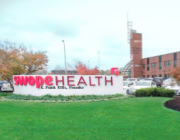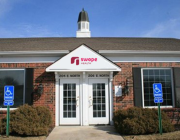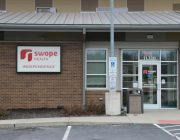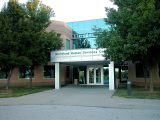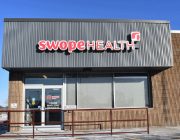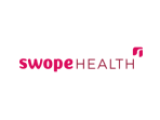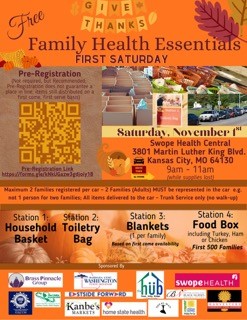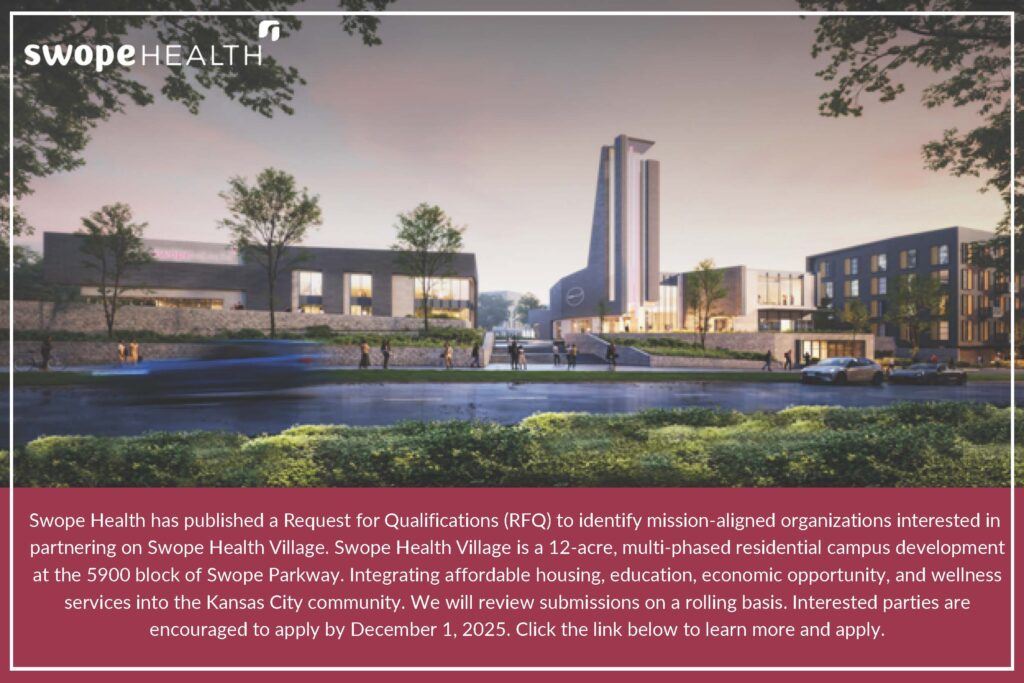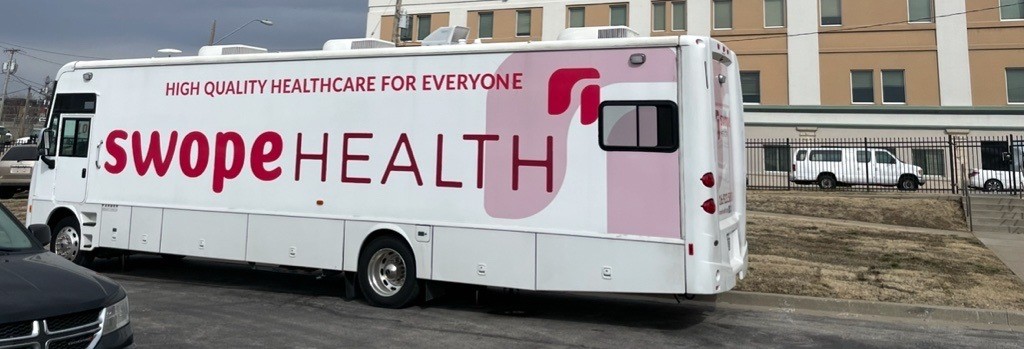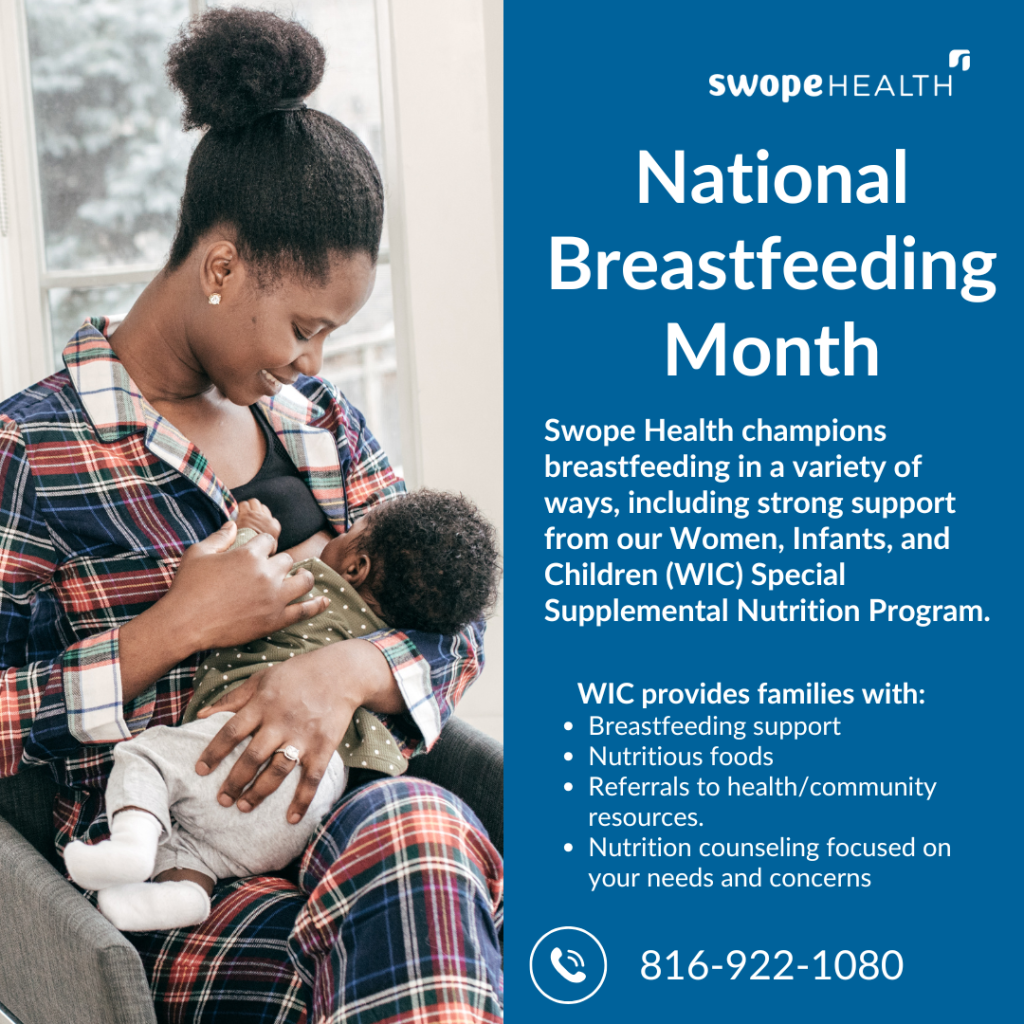
National Breastfeeding Month is celebrated every August to spread awareness and promote the benefits of breastfeeding. Swope Health’s Women, Infants, and Children Special Supplemental Nutrition Program (WIC) supports breastfeeding in a variety of ways.
Jennifer Jones, Swope Health’s breastfeeding peer counselor who assists prenatal patients daily with their breastfeeding needs recognizes the advantages of breastfeeding.
“Babies tend to be less sick when they’re getting breast milk, and new mothers heal faster and safer when they breastfeed,” Jones said. “It helps reduce the mother’s risk of diseases like type 2 diabetes, ovarian cancer, and osteoporosis.”
WIC provides families with breastfeeding support, nutritious foods/education, and referrals to community health resources. Before getting any of these services, a patient must qualify through guidelines based on family size and source of income.
“If they don’t qualify, we provide a resource list of phone numbers, websites, and mobile apps for additional breastfeeding support,” she said.
WIC offers two prenatal breastfeeding courses, which are available in person or virtually. The first class starts at the beginning of the pregnancy, and the second during the third trimester.
“The first class talks about what breastfeeding is, the differences between breast milk and formula, and the myths of breastfeeding,” Jones said. “The second class teaches how to breastfeed, and we practice with a breast model and a manikin baby.”
Swope Health continues to support after the women complete these courses and deliver their babies. WIC serves women who recently delivered up to 6 months, as well as children up to 5 years.
“After delivery, we follow-up to and assist them with ordering breast pumps through their insurance. If there are any issues, WIC offers rental breast pumps and free pumps. However long a mother offers breast milk to their baby, we’re there to support her,” she said.
Additionally, Swope Health offers after-hours breastfeeding support to families through a breastfeeding warmline, which is monitored from 6 a.m. to 10 p.m. every day. During that timeframe, patients may call or text (816) 799-1428 for breastfeeding support.
“The warmline is a service that doesn’t get talked about a lot, but it’s so convenient,” Jones said. “We try to be there for moms any time that they need it by addressing any questions or concerns that they have.”
In honor of National Breastfeeding Month, Swope Health has big plans.
“Throughout August, we’ll have breastfeeding fun facts presented throughout WIC, along with a random drawing for prenatal patients,” she said. “They can fill out a bingo card with breastfeeding questions on it, which acts as a raffle ticket that enters them into a drawing for free breastfeeding accessories.”
Black Breastfeeding Week is celebrated in the last week of the month (August 25-31) to highlight the disparities in breastfeeding rates among Black women. This year, Swope Health will offer celebratory snacks to breastfeeding Black mothers who come into WIC to congratulate them on their journey.
“There’s a stigma with minority groups in general, specifically with Black families, that they don’t breastfeed as much. We’re working hard to help change that by encouraging minority families to breastfeed,” Jones said.
WIC services are available at Swope Health Central. To learn more or to make an appointment, call 816-922-1080. To enroll in the program, you must be present at your first WIC visit. The following information is required for each applicant:
- Proof of ID: For an infant/child, please bring a hospital record birth certificate, foster child placement letter, insurance card, shot record, or social security card. For an adult, please bring a driver’s license, government issued ID, work/school ID, or passport.
- Proof of Address: Please bring a bank statement, foster child placement letter, paycheck stub, rent/mortgage receipt, or utility/personal bill that has been issued within the past 30 days.
- Proof of Income: Please bring a recent bank statement, employer letter, foster child placement letter, paycheck stub, SNAP/TANF award letter, or social security income statement.

